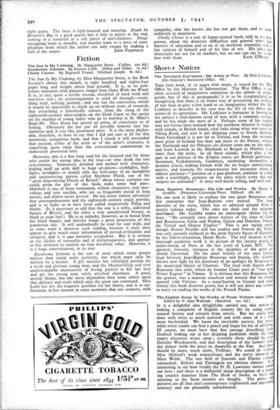No one now is likely to confuse the two great
Rousseaus and few remember that Jean-Baptiste ever existed. The beau desordre of his verse, which was so admired around r2o, is merely tedious today. The odes are dead and the epigrams moribund. Mr. Grubbs makes no extravagant claims for his hero. " He certainly rates above writers of the class of Cores and Bonnecorse, Cotin and Pradon, Gacon and Danchet, Ponson du Terrail and Octave Feuillet." This is not saying much, though Octave Feuillet still has readers and Ponson du Terrail was only recently replaced as the great literary figure of Grenoble by his fellow-townsman, Henri:Boyle.: The real interest in this thorough academic work is its picture of the literary world, or under-world, of Paris in the last years of Louis XIV. The quarrels, lawsuits, intrigues of the epigOnes of the great are clearly illustrated. On the inner history of the once famous feud between Jean-Baptiste Rousseau and Saurin, Mr. Grubbs throws new light by his discovery of an apologia by Rousseau in the municipal library of Chartres. The feud with Saurin drove Rousseau into exile, where he became Court poet to "our good Prince Eugene " in Vienna. It is obvious that this Rousseau, like the greater, was a mauvais coucheur and natural that he should quarrel with Voltaire. As a contribution to literary and social history this book deserves praise, but it will not drive any readers to insist on reading the works of the French Pinder.


























 Previous page
Previous page